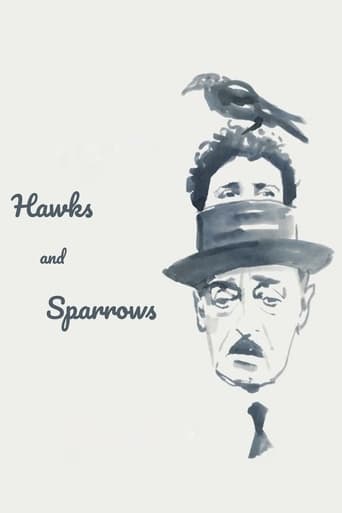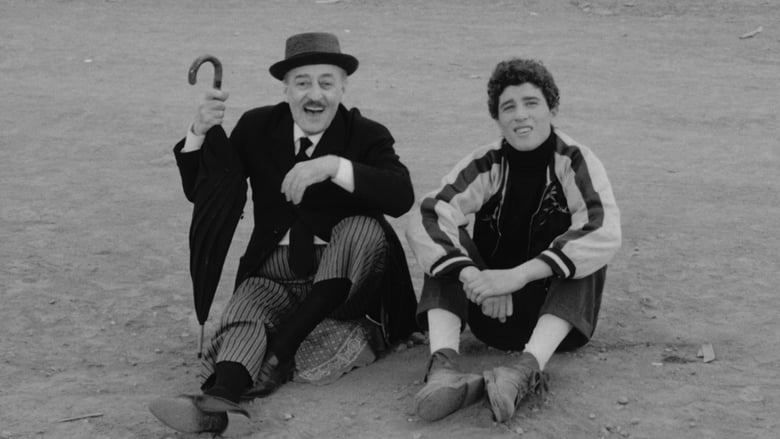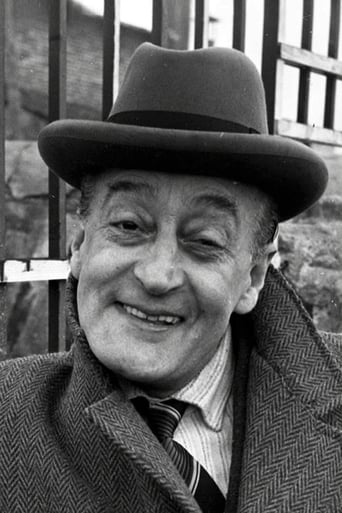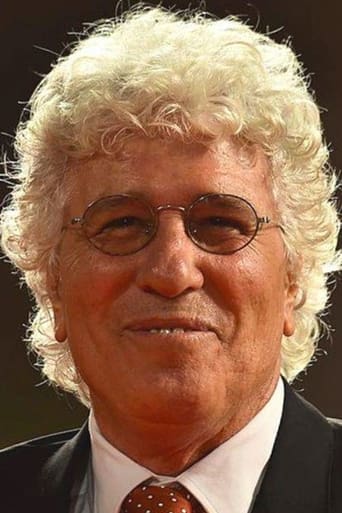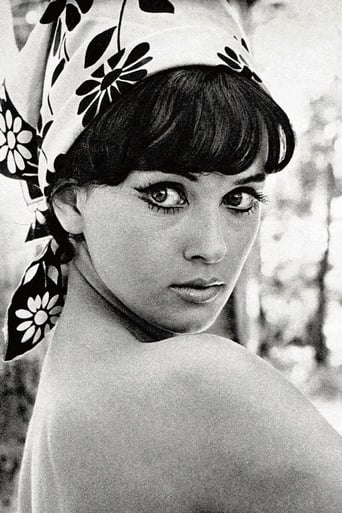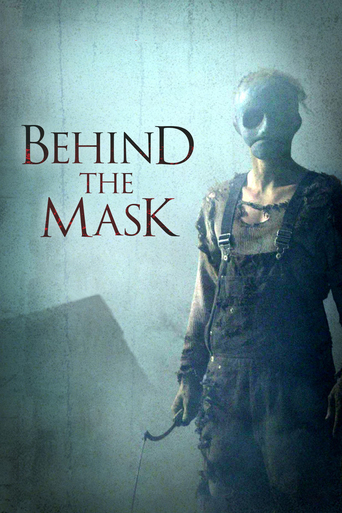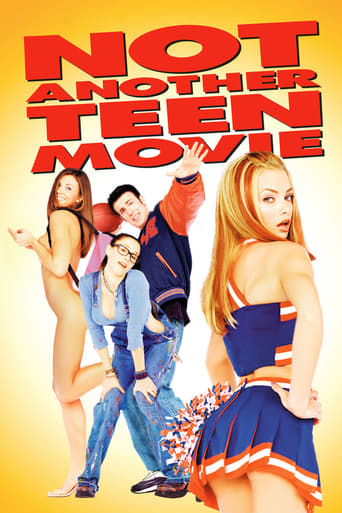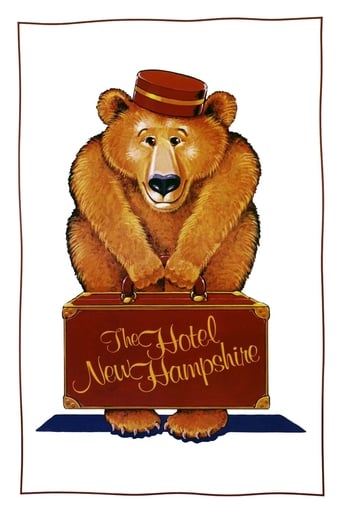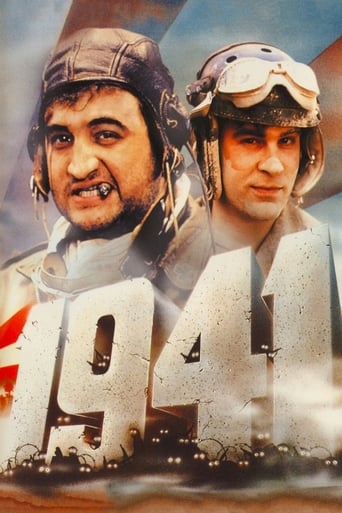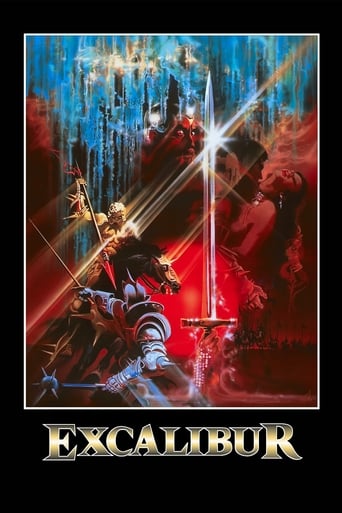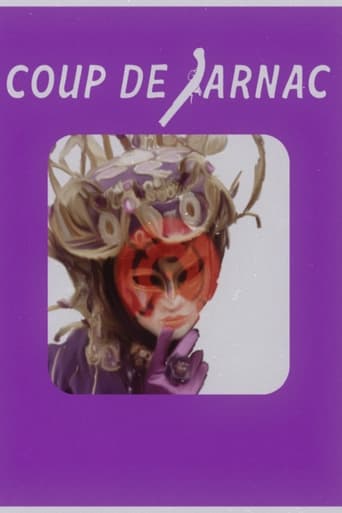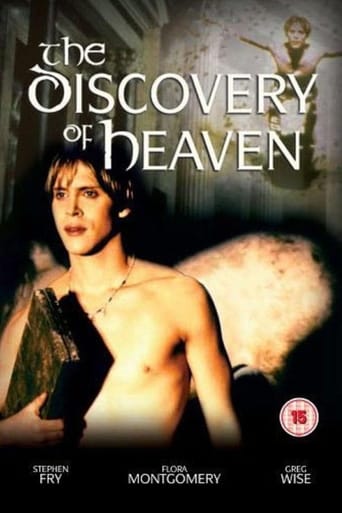The Hawks and the Sparrows (1967)
A man and his son take an allegorical stroll through life with a talking bird that spouts social and political philosophy.
Watch Trailer
Cast
Similar titles
Reviews
I like movies that are aware of what they are selling... without [any] greater aspirations than to make people laugh and that's it.
I enjoyed watching this film and would recommend other to give it a try , (as I am) but this movie, although enjoyable to watch due to the better than average acting fails to add anything new to its storyline that is all too familiar to these types of movies.
It is an exhilarating, distressing, funny and profound film, with one of the more memorable film scores in years,
This movie tries so hard to be funny, yet it falls flat every time. Just another example of recycled ideas repackaged with women in an attempt to appeal to a certain audience.
hilarious. an operatic voice screams out the names of the production crew during the opening titles. this sets the mood for a riotous comedy satire about little crows that walk with you and speak idealism, St. Francis of Assisi, and moody over sexed clowns.and this is probably one of Pasolini's milder films. at least it wasn't 'Salo'. i have a lot of respect for 'Salo' technically, especially since i saw the beautiful Criterion Collection restoration. but i find Sade really hard to take and 'Salo' can be so disgusting it just makes the whole Sade thing worse. aside from a little sexual suggestion, 'Hawks and the Sparrows' is almost a family film. almost. i don't think any Pasolini film is for children or families.this is also one of the more humorous and sweetly oddball of all the Paolini films i've seen. aside from the cruelty dealt the little crow at the end, most of the situations are played for sentiment and humor.i didn't think the little crow deserved his fate at the end. even if he was being tiresome and boring. but i've seen cuter crows. the crow here was kinda scruffy. the street i live on is pretty much "crowhaven farm". i mean the crows literally flock here in large groups and i try to feed them because they're really cute and can hop around in the most adorable way. so if you want to see really cute crows i suggest you try my street.
"Uccellacci e Uccellini" is probably the best chance to get acquainted with Pasolini's political thoughts pre-1968 other than reading him. It's a candid, allegoric and provocative attempt to express his ideas about a very specific epoch in Italian history, after the death of left-wing political "father" Palmiro Togliatti in 1964 (whose funeral is one of the great scenes of "Uccellacci") and the "death" of Neo-Realism. It also reflects the intense differences between social classes, intellectual trends and political forces that would lead to the acts of "contestazione generale" in the late 1960s. WIth "Uccellacci", we can learn some of Pasolini's thoughts on Marxism, Fascism, religion, the Catholic church, the role of intellectuals, the bourgeoisie, political parties, the dire conditions of the campesinato and the borgate (slums), poverty, greed, famine, cultural and social apartheid -- you name it. That's the main problem with this passionately personal and visually stunning walking-road-movie: too many targets, too little time to hit them all in the bull's eye.A natural follow-up to his documentary "Comizi d'Amore" (1965) -- in which he traveled all over Italy interviewing people about their thoughts on love and sex -- Pasolini shows in "Uccellacci e Uccellini" the unofficial apartheid in Italy, a basically "unmelting" pot of dozens of different ethnic, linguistic and cultural backgrounds "artificially" unified in mid-19th century but still plagued by social/economical/cultural chasm. And he also denounces the sterility of the discourse of the "official-left" intelligentsia, which he clearly despised (and which heavily attacked him on many issues and occasions).In the Italy of the 1960s, the Left was concerned with the struggle of workers, intellectuals and students against the establishment; the contadini (peasants) weren't even properly considered as a political force -- they were the symbol of archaic, pre-boom Italy. Pasolini was the main voice to take the side of the peasants; against famine, sophism falls flat, as the intellectual crow will shockingly discover at the end of "Uccellacci". The political discourse can no longer be theoretical; it has to be urgent, pragmatic, directed towards action. Godard, Bertolucci, Alea, Ruy Guerra, Resnais and others also approached the theme at the time; but, unlike the majority of intellectual-filmmakers of the 60s, Pasolini ACTUALLY had had a rural (though highly literate) background.Wildly (in)famous at the time as poet/filmmaker/writer/anti-Vatican political activist (but, contrary to a false general belief, he was never a gay militant, though he certainly wasn't in the closet), Pasolini picks up the journey into the "Italia profonda" from Visconti's "Ossessione" and "La Terra Trema" to most of Rossellini and leaves his own distinctive signature in the very complex era of the economic boom. Pasolini smartly uses the parable genre with much comic relief so he can talk about serious political issues in a "commercial" film, relying heavily on veteran champion Totò's immense talent, charisma and experience. In one of his last films, Totò is joined by 16 year-old newcomer Ninetto Davoli, here in a completely relaxed, natural performance; they make a perfect duo. The cinematography by master Tonino delli Colli features jaw- dropping locations and compositions. The music by Ennio Morricone is memorable, his very personal touch instantly recognizable; and there are funny sung (!) opening credits. There are two minor letdowns that prevent total audience adhesion: 1) it lacks a brighter tempo, the rhythm falters at times; 2) the episodes are rather loosely linked 3) there are episodes which might be shorter (the wonderful but overlong St. Francis story) and others might be longer (the visit to the rich landowner's house)."Uccellacci e Uccellinni" is a very personal Pasolini ("my favorite" he said in a 1969 interview) and one of his few films not based on literature classics, mythology or the Bible. It's mandatory for all interested in Pasolini's work and/or the political issues of the 1960s, as well as for fans of the unforgettable, one and only Totò.
I picked up this Pasolini film a few days back, and I must say it was something a bit incongruous for Pasolini to make. The film takes place in a barren farmland, where a boy and his father meet a talking crow. Thereupon, the film shifts to a local monastery where we see the boy and father as monks. Inch by inch, they have the ability to talk to birds (i.e. chirping and whistling) as well as communicating with them. However, these birds (sparrows) are suddenly being killed off by the Hawks, and the rest is history. Although appearing dull at first, the movie soon gathers interest after the interaction with the crow, but abruptly finishes on a demented yet humorous note. Not as graphic as his later film would be, even so there's a sick sense of style idiosyncratic to Pasolini; although "The Hawks and the sparrows" still seems a bit weird, as if part of the school of Surrealism. I've heard Pasolini made this film as an allegory for his personal eroticism, or an across-the-board motif for homosexuality. If that were the case, it's a very imperceptible one that is obscured by the film's visual aesthetics altogether. Nevertheless, it's worth a look, and most hardcore Pasolini fans would understand it for its existence and beauty.
This is a very good film, I think it's one of the best pasolini movies. It has three diferent parts, and there are lots of hidden things that have an important message. For example, in the beginning there are indications about how distant is Istanbul, or Cuba, and this is a message that the third world is distant, but not so much. The bird that goes with Totó and Ninneto Davoli (they act is excellent) means the racionalism, and they finaly eat it. But the most important thing is that is very funny, specially the part that explains how the two principal carachters have to convince all the birds that there's god and there's a need of peace.
